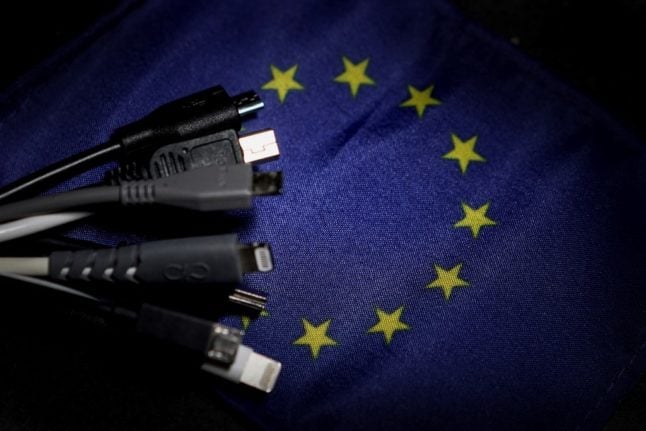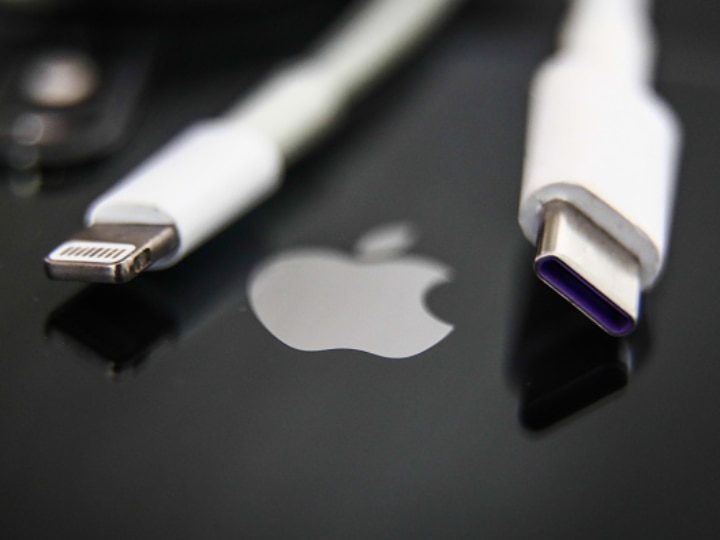
The European Parliament on Tuesday approved new rules to have a single charging port, USB-C, for all smartphones, tablets, and cameras by 2024. The move is expected to affect Apple more than its rivals, as it will be forced to change its charging port for iPhones. The rule also covers e-readers and earbuds.
After companies failed to reach an agreement, the European Commission intervened, claiming that it would make consumers’ lives easier and save them money.
iPhones use lightning cables to charge, whereas Android devices use USB-C connectors

For more than a decade, Brussels has advocated for a single mobile charging port, in response to complaints from iPhone and Android users about having to switch between chargers.
iPhones use lightning cables to charge, whereas Android devices use USB-C connectors.
The company, which did not respond immediately to a request for comment, had previously warned that the proposal would harm innovation and result in a mountain of electronic waste.
Despite this, its shares were up 0.9% in New York morning trade.
Apple is already working on an iPhone with a USB-C charging port
According to analysts, the move could become a sales driver for Apple in 2024, encouraging more Europeans to buy the latest gadgets rather than those that lack USB-C.
According to CFRA Research analyst Angelo Zino, it may persuade consumers to upgrade to a new phone sooner.
“Existing consumers can still use the Lightning cable, but maybe there would be fewer purchases of older products on third-party platforms,” he said.
According to Bloomberg, Apple is already working on an iPhone with a USB-C charging port, which could be released next year.
When Apple releases new iPhones, the older models are usually discounted, resulting in millions of customers opting for the less expensive models.
By autumn 2024, USB Type-C will become the common charging port for all mobile phones
If the EU prohibits the sale of older models, it risks upsetting many consumers and forcing them to pay more, according to Jitesh Ubrani, research manager at research firm IDC.
According to a 2019 Commission study, half of the chargers sold with mobile phones in 2018 had a USB micro-B connector, 29% had a USB-C connector, and 21% had a Lightning connector.
“By autumn 2024, USB Type-C will become the common charging port for all mobile phones, tablets, and cameras in the EU,” the European Parliament said in a statement.
According to EU Industry Commissioner Thierry Breton, the agreement will save consumers approximately 250 million euros ($267 million).
Laptops must comply with the legislation within 40 months of its implementation
“It will also allow new technologies, such as wireless charging, to emerge and to mature without letting innovation become a source of market fragmentation and consumer inconvenience,” he said.
Laptops must comply with the legislation within 40 months of its implementation. In the future, the EU executive will have the authority to standardize wireless charging systems.
Analysts believe that because the agreement includes e-readers, earbuds, and other technologies, it will have an impact on Samsung, Huawei, and other device makers.
“We are proud that laptops, e-readers, earbuds, keyboards, computer mice, and portable navigation devices are also included,” said lawmaker Alex Agius Saliba, who steered the debate at the European Parliament.
